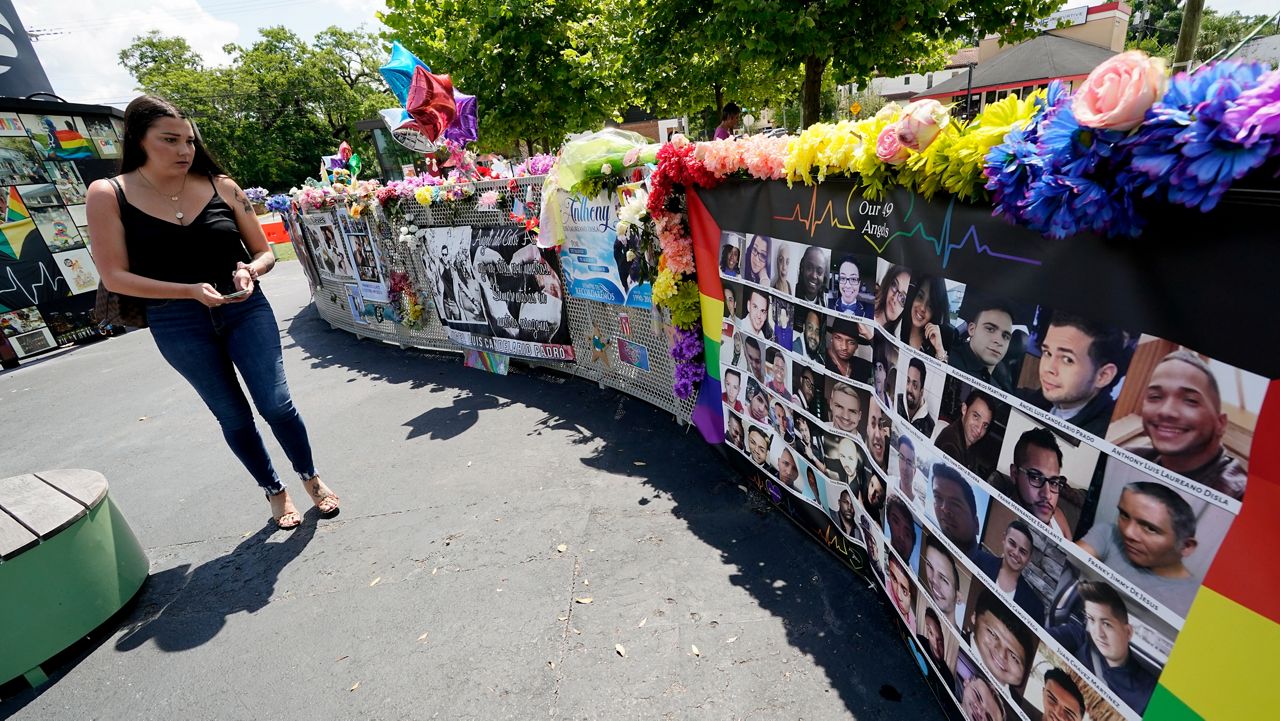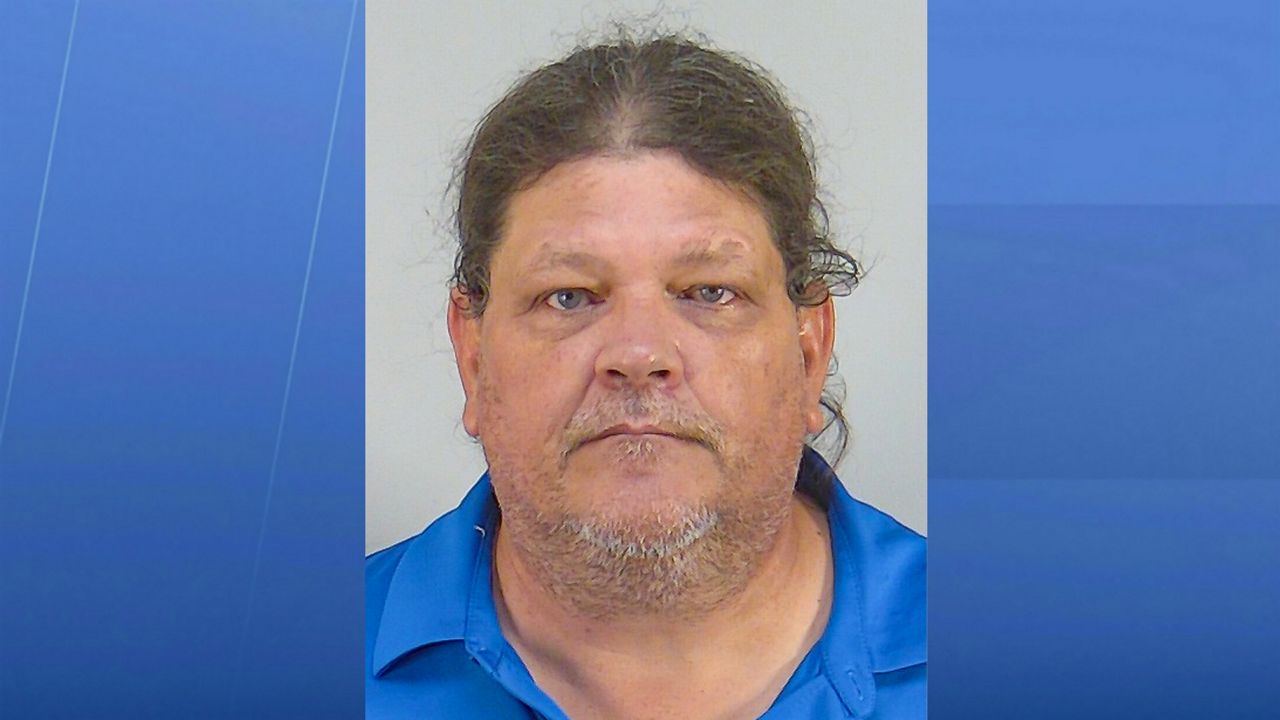ST. PETERSBURG, Fla. — Groups against Florida possibly holding its first black bear hunt in a decade say they're not done fighting the plan.
"We're disappointed, but we are far from being done," said James Scott, a campaign coordinator with the group Speak Up for Wildlife.
Members of the Florida Fish and Wildlife Conservation Commission voted 4-1 to make changes to bear hunting rules that, if finalized at the commission's August meeting, would pave the way for the state's first bear hunting season since 2015. Commissioners heard from more than 150 people both for and against a hunt at Wednesday's meeting.
"What we need to do is follow the science," Thomas Van Note, with Safari Club International's South Florida Chapter, told commissioners during public comment.
Some speakers said a hunt is needed for population control.
"Every week, I see bear encounters from my neighbors posted on the Ring neighborhood app," said Van Note. "This is getting to the point where something needs to be done."
"We don't have a problem with bear overpopulation," Scott argued. "We have a problem with urban sprawl and with people not securing their trash."
Florida's last bear hunt in 2015 ended early after more than 300 bears were killed in two days. This hunt would last three weeks and allow up to 187 bears to be harvested. Scott said that doesn't ease his mind.
"A lot of the things in the rules they moved forward today are actually worse," he said. "The rules that they voted on today include hunting bears with packs of dogs. They include baiting. They include archery."
The Safari Club International Foundation told Spectrum News Florida's bear population has grown nearly 50% since 2002 to more than 4,000 bears.
"Regulated hunting is the most effective and proven tool to manage growing wildlife populations. Across North America, every state with a bear population exceeding 1,000 uses regulated hunting to manage bear numbers," Safari Club International Foundation's Large Carnivore Program Manager Maria Davidson said in a statement.
According to SCI, the limit of 187 bears harvested would amount to less than 5% of the state's population.
Scott said he'd like to see the state explore other options.
"Conserving land and educating the public and securing the things that attract bears — like dog food and birdseed and garbage — these are really simple things that are proven to limit bear-human interactions," he said.
Scott said the next step for Speak Up for Wildlife is to team up with other groups to mobilize the public and try to change commissioners' minds before the August vote.
"This is a wildly unpopular decision. It's not backed by science. It's not backed by the state's own plan for bear management," he said. "So, we think that if we can organize and amplify this message in the coming months, that hopefully, we can get four out of seven commissioners to agree with us."




)


